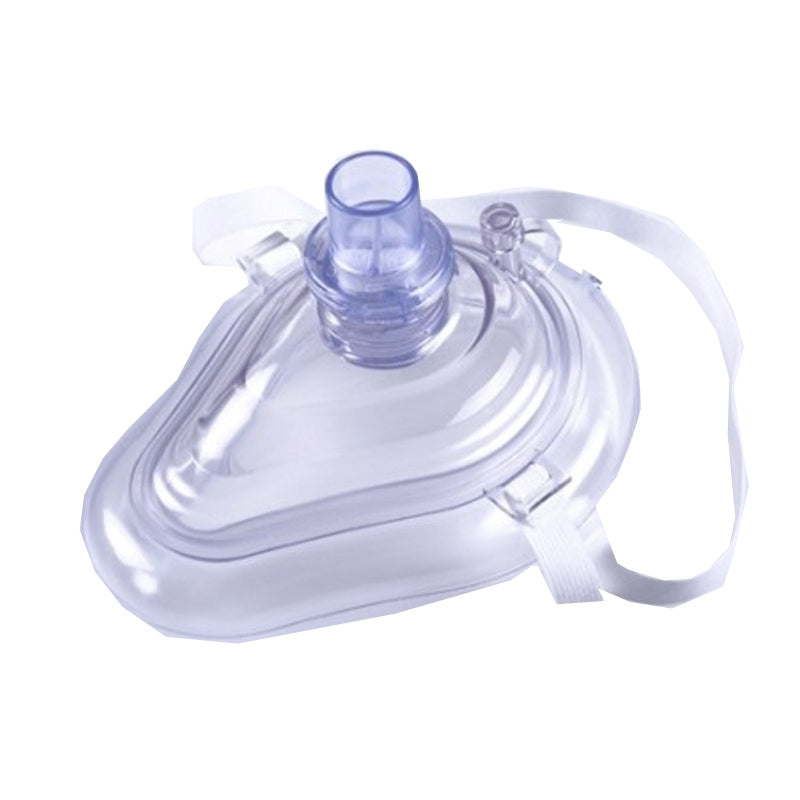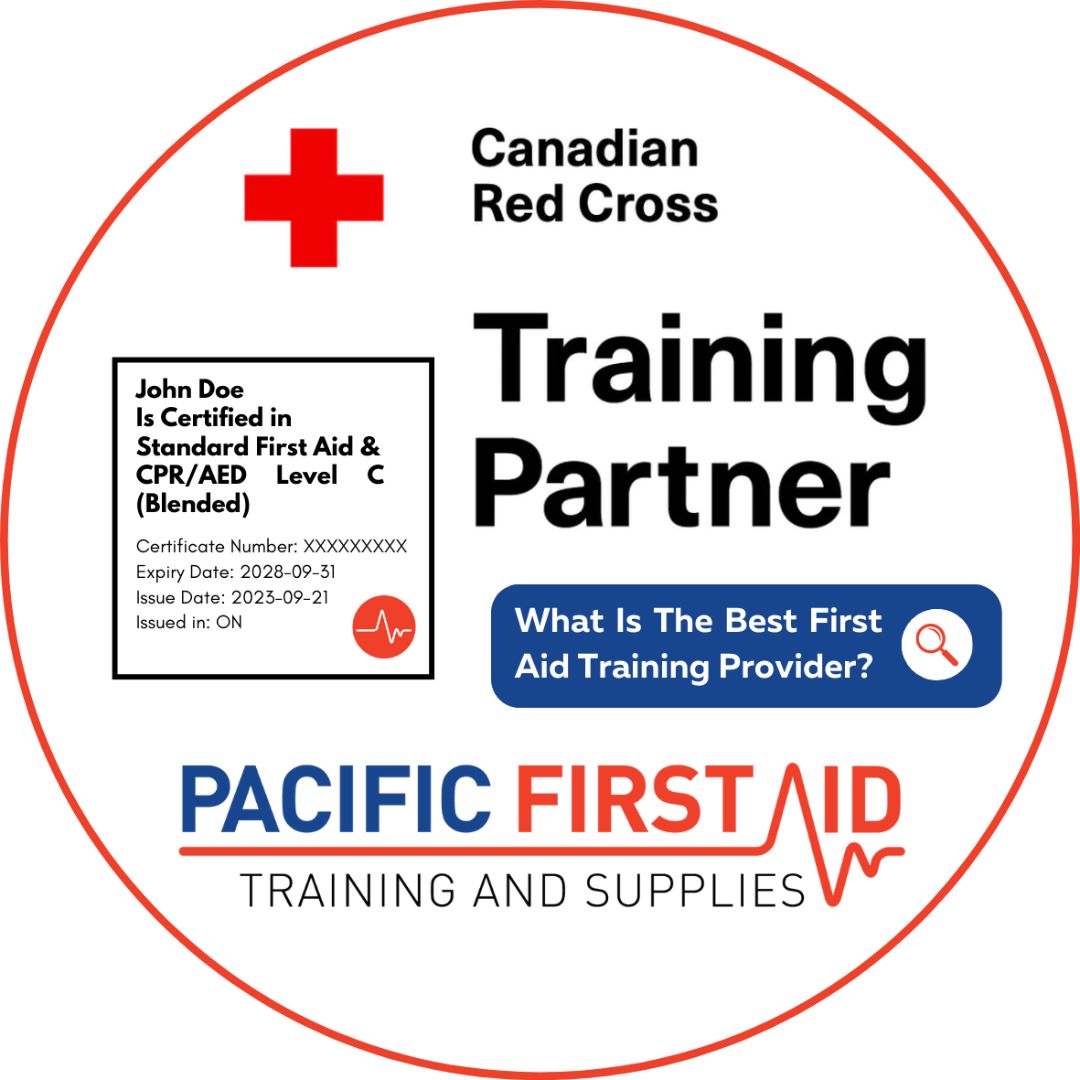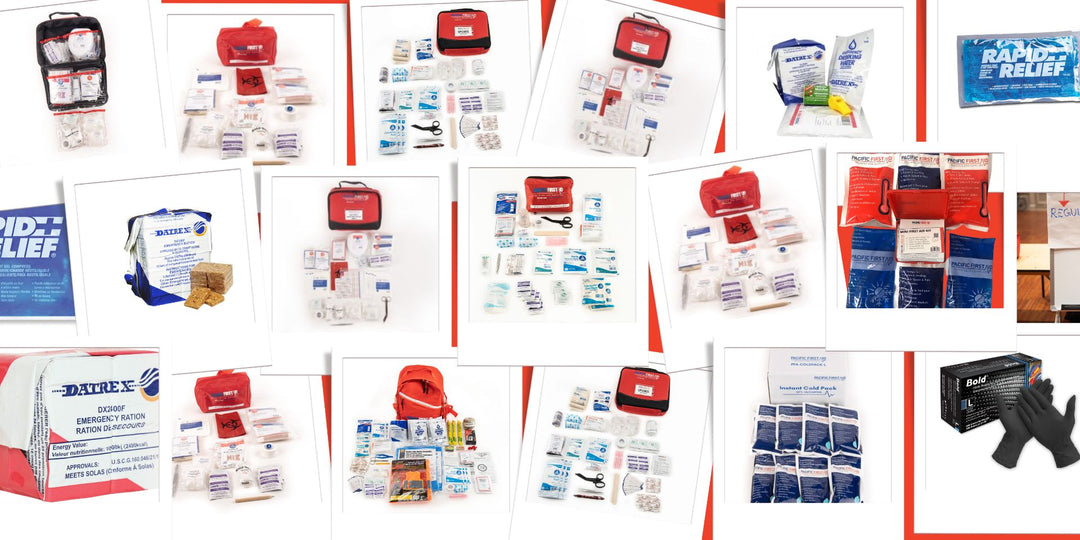
How to prevent and treat bug bites resource
Although most bug bites are harmless, some cause discomfort and even spread dangerous diseases. When it comes to spending your time outdoors, especially during the summer months, nothing is more annoying than the sound and bite of a mosquito (and other bugs). If you’re planning any outdoor activities like camping, kayaking or hiking, there are a few things you can do to prevent and treat bug bites. To start, have a first aid kit checklist that helps you keep track of the treatments needed for bug bites, bring a mini first aid kit with you on your trips.
How to prevent bug bites
Thankfully, there are a few things you can do to avoid and help prevent bug bites.
• Use insect repellent: To protect against mosquitoes, ticks and other bugs, it’s essential to use insect repellent that has 20-30% DEET. If you’re wearing sunscreen, make sure to apply it before putting on bug repellent.
• Wear protective clothing: If you’re going to be outside hiking or in a densely-wooded area, make sure to dress appropriately. The best thing you can do is wear thicker pants (as mosquitoes can bite through thin materials, including leggings), long-sleeve shirts and socks. Another trick you can do is pre-treat your outer layers with insect repellent before you go outside.
• Use mosquito/bug nets: If you’re camping, make sure to use bug nets to prevent mosquitoes and other insects from crawling into your sleeping bag. If you’re sleeping in a bed and the net doesn’t reach the floor, you can tuck into your mattress for more protection.
• Be aware of outbreaks in your area: It’s important to be aware of insect outbreaks / infestations. Make sure to check the CDC Travel Health Notices website and stay up-to-date on travel warnings and recommendations.
Avoiding tick bites
Being aware of ticks is especially important as they can cause Lyme disease in some cases. They’re small black insects that are found in forest and woodland areas. After going out into the woods, make sure to check your scalp, armpits, back of the knees and other creases to ensure there are no ticks on your body.
You can reduce your risk of tick bites by:
- Sticking to well-tracked trails when you’re hiking
- If you know there are ticks in your area, make sure to wear protective clothing
- Tuck your pants into your socks
- Use insect repellent on any exposed skin
- Check your pets’ fur for ticks
What to do if there is an insect infestation
If you’re dealing with a bug infestation, you’ll often have to call a professional exterminator. Before you take the necessary steps to eliminate an insect infestation, try to find where they’re coming from.
Signs of a bug infestation
There are a few ways you can detect an infestation in your home. Look for these things:
• Flea poop in your pet’s fur
• Extra crusting on your dog’s fur is a common sign for fleas
• Dandruff found in your pet’s fur (dogs and cats specifically)
• An almond smell (which is usually a sign of bed bugs
If you have bed bugs, call an exterminator immediately and clean all your clothes. You will most likely have to replace your mattress and to be safe, your bedding as well. If your pets have fleas, you can buy flea shampoo and it’s recommended you take them to a professional groomer.
First aid and treating bug bites
To treat an insect bite or sting, you should:
• Remove the sting, tick or hairs if it’s still lodged in the skin
• Wash the affected area with soap and water
• If the bite or sting is swollen, apply an ice pack if it’s available
• Avoid scratching the bitten area as this helps reduce infection
How to soothe the symptoms of a bug bite or sting
If your symptoms are long-lasting, try the following treatments for your first aid injury:
• For pain, you can take over-the-counter painkillers like ibuprofen
• For itching, you can use crotamiton cream/lotion, hydrocortisone cream or ointment and antihistamine tablets
• For swelling, use a cold compress or run the affected area under cold water
• If the bug bites or stings get very serious, make sure to have an emergency response plan and visit your doctor if things get out of hand.
Closing thoughts
When it comes to spending time outdoors and avoiding bugs, the best thing you can do is be prepared. For longer overnight camping and hiking trips, it’s recommended you bring a travel first aid kit and wear protective clothing. In your kit, make sure to pack painkillers, bandages, ointments (anything that can help with bug bites and stings).






